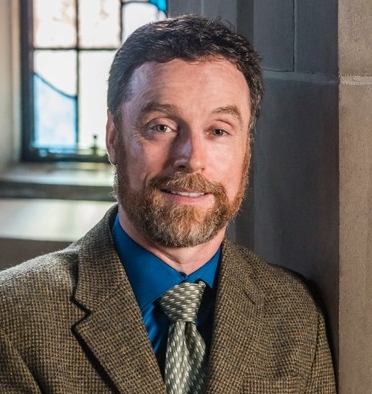Clover No.7 Photography/Getty Images
Boston College’s Lynch School of Education will advance its distinctive focus on “whole child” education and universal student development by convening three groundbreaking conferences for education professionals, scholars and policymakers this fall.
“Our distinctive vision of education encompasses the many dimensions of a student’s life,” says Stanton E.F. Wortham, Charles F. Donovan, S.J., Dean at the Lynch School. “Our fall colloquia will provide an opportunity to share that methodology with education leaders nationally.”
The initial event—titled “Comprehensive Services for Children in Poverty: Setting the Research Agenda for Integrated Student Services” (October 18-20), and led by Mary E. Walsh, the Lynch School’s Daniel E. Kearns Professor of Urban Education and Innovative Leadership and the executive director of “City Connects”—is the first conference to convene national and international leaders from the field of integrated supports for children. Funded by an American Educational Research Association (AERA) grant, the by-invitation-only conference will assemble experts in school-based approaches for lifting academic and non-academic barriers to learning. The conference’s goal, says Walsh, is to establish new research priorities to advance the field.

The three-day, “Whole Child, Whole Person Summit: Redefining Achievement, Education and Well-being” (October 21-23) serves as the centerpiece among the three convenings, with more than 200 teachers, principals, superintendents and practitioners expected to attend.
Led by Lynch School of Education Professors Andrew Hargreaves and Dennis Shirley, in partnership with ASCD (formerly the Association for Supervision and Curriculum Development), the summit opens with a one-day, invitation-only pre-conference for 40 scholars and policymakers who are experts in the areas of emotional, social, and educational well-being, and whole-child/whole-person development.
The goal, explains Hargreaves, the Thomas More Brennan Chair in Education, is to shape the agenda for the field’s future research. The main conference will emphasize collaboration and discussion to expand the narrow definition of academic achievement beyond just content mastery and test scores, and to embrace all spheres of students’ long-term development and success.
The summit closes on November 15-17 with a first-of its-kind conference and interactive workshop focused on strategies for measuring the impact of undergraduate education – particularly a liberal arts education – on students’ personal growth. Titled “Tracking Development Toward Living a Life of Meaning and Purpose: Addressing the Challenges to Measurement,” and led by Henri Braun, the Lynch School’s Boisi Professor of Education and Public Policy, the three-day event will endeavor to quantify what he describes as the ultimate outcome for undergraduate college students: a life of meaning and purpose.
Funded by the Spencer Foundation, the conference’s primary goal is to establish new, interdisciplinary research agendas centered on assessing students across the intellectual, emotional, spiritual, and ethical spectrum of “whole person” learning that a liberal arts education develops. Says Braun, developing a body of quantitative research is essential for liberal arts colleges and universities as they face increasing pressure to demonstrate value for cost; research resulting from the conference could help counter the push for a narrow, short-sighted definition of student’s success focused primarily on technical, job-specific skills.
—Phil Gloudemans | University Communications




